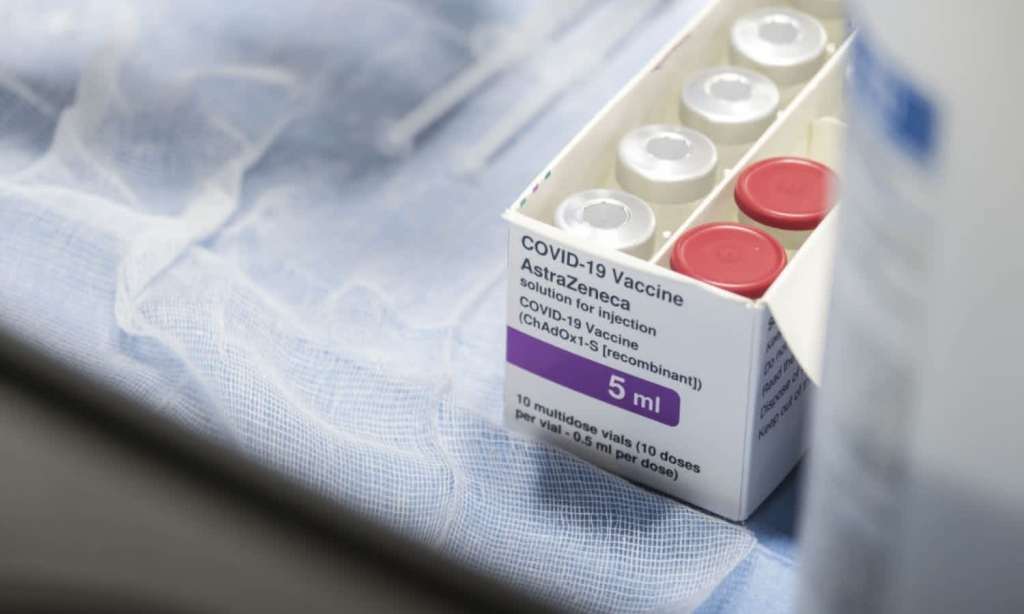We’ve been living in a state of flux for almost a year and a half now, and it all boils down to COVID-19. Because of this, we’ve also been living in a state of overzealous reporting, where every micro bit of news regarding COVID has been combed over and over and reported on endlessly; many find themselves struggling with news fatigue.
With one of the COVID vaccines, the AstraZeneca shot, we’ve experienced this and seen it play out daily. The hits for AstraZeneca just kept on coming, until a call was made to essentially abandon the shot for those under 50 years of age. Pfizer is now the preferred vaccine for those at that age threshold.
Last week, AstraZeneca was made widely available to those over 50, and now, a joint statement from the Australian Technical Advisory Group on Immunisation (ATAGI) and the Thrombosis and Haemostasis society of Australia and New Zealand (THANZ) has been released, addressing the issue of blood clots and the use of AstraZeneca.
The blood clots people have suffered are actually a rare, newly identified condition, called Thrombobsis with Thrombocytopenia Syndrome (TTS) — also known as vaccine-induced thrombotic thrombocytopenia (VITT). It has a different mechanism to other causes of thrombosis, and there are no known markers for increased risk of this particular type.
According to ATAGI and THANZ, TTS/VITT is triggered by the immune system’s response to the AstraZeneca vaccine. The statement says that “It results in both thrombosis and low platelet levels. In the majority of cases, pathological antibodies against platelet factor 4 (PF4), a protein released from platelets, are detected.”
The statement goes into who can receive AstraZeneca, which includes the below sub-groups:
- People with a past history of venous thromboembolism in typical sites, such as deep vein thrombosis or pulmonary embolism
- People with a predisposition to form blood clots, such as those with Factor V Leiden, or other non-immune thrombophilic disorders
- People with a family history of clots or clotting conditions
- People currently receiving anticoagulant medications
- People with a history of ischaemic heart disease or cerebrovascular accident
- People with a current or past history of thrombocytopenia.
Pfizer is still preferred for those under 50, and is recommended for people 16 years of age and above who have:
- A past history of cerebral venous sinus thrombosis (CVST)
- A past history of heparin-induced thrombocytopenia (HIT)
- A past history of idiopathic splanchnic (mesenteric, portal and splenic) venous thrombosis
- Anti-phospholipid syndrome with thrombosis
- People with contraindications to COVID-19 Vaccine AstraZeneca, i.e.
- Anaphylaxis to a previous dose of COVID-19 Vaccine AstraZeneca, or to an ingredient of the vaccine
- Thrombosis with thrombocytopenia occurring after the first dose of COVID-19 Vaccine AstraZeneca
- Other serious adverse events attributed to the first dose of COVID-19 Vaccine AstraZeneca
The risk of contracting TTS is lower after the second dose, and those who have received AstraZeneca without any serious adverse effects are fine to receive the second dose.
The two organisations closed the statement by iterating the benefits of receiving a COVID vaccination, whilst acknowledging the challenges of decision making as information continues to emerge.
Read more stories from The Latch and subscribe to our email newsletter.







